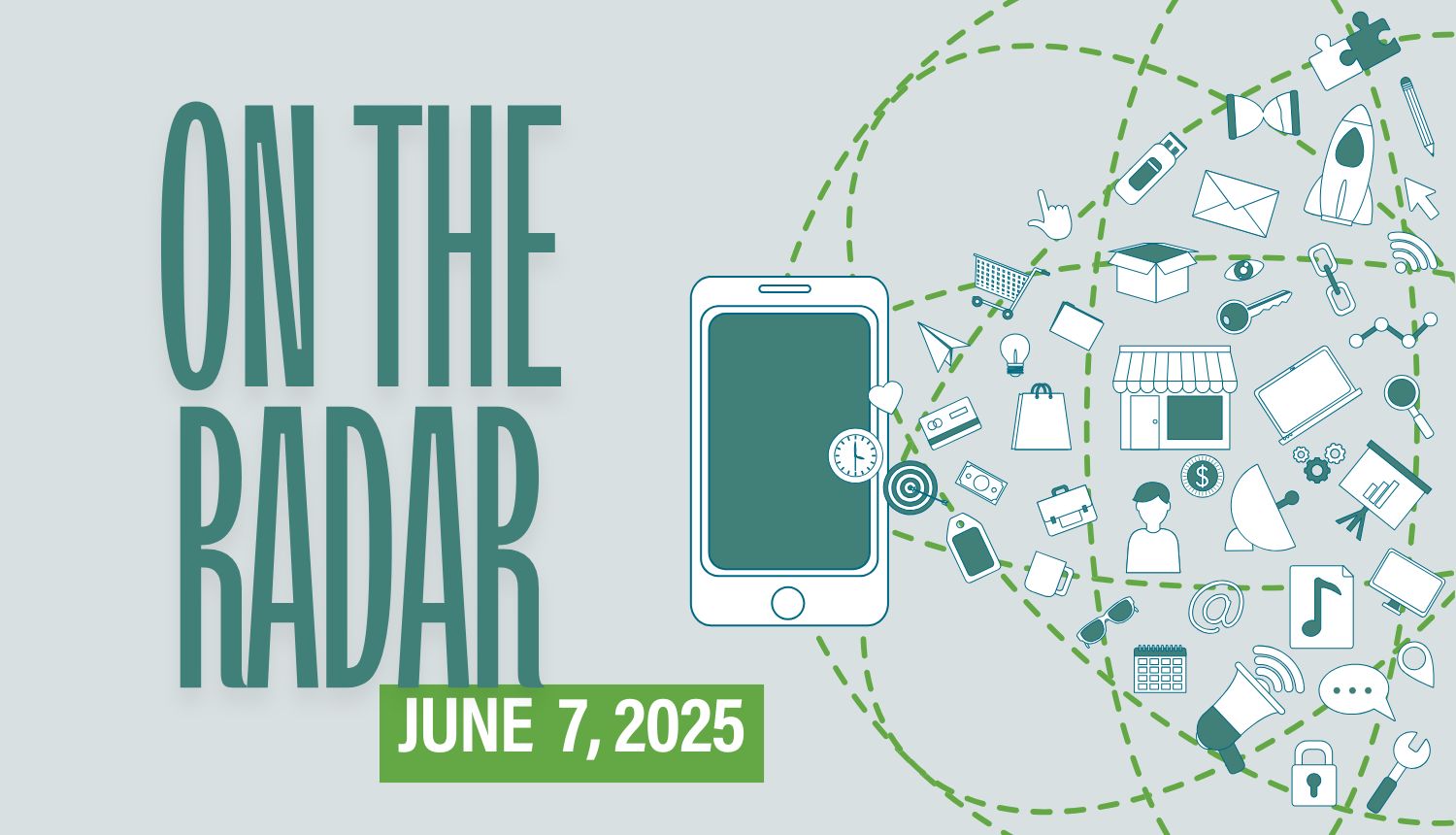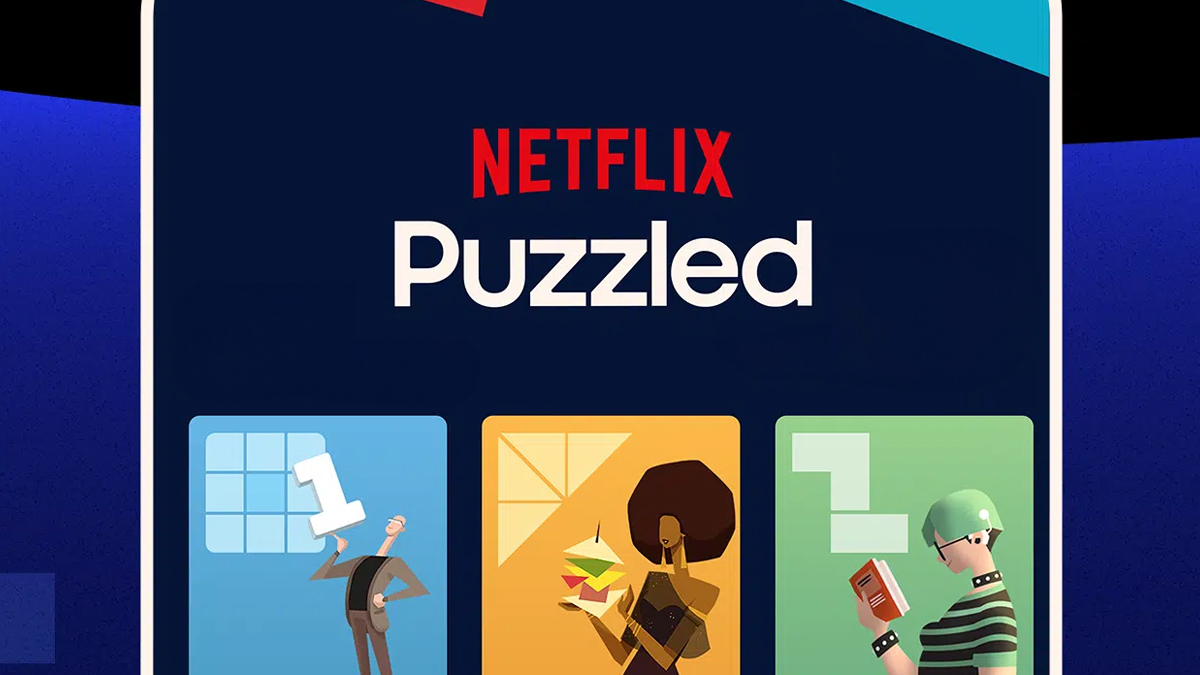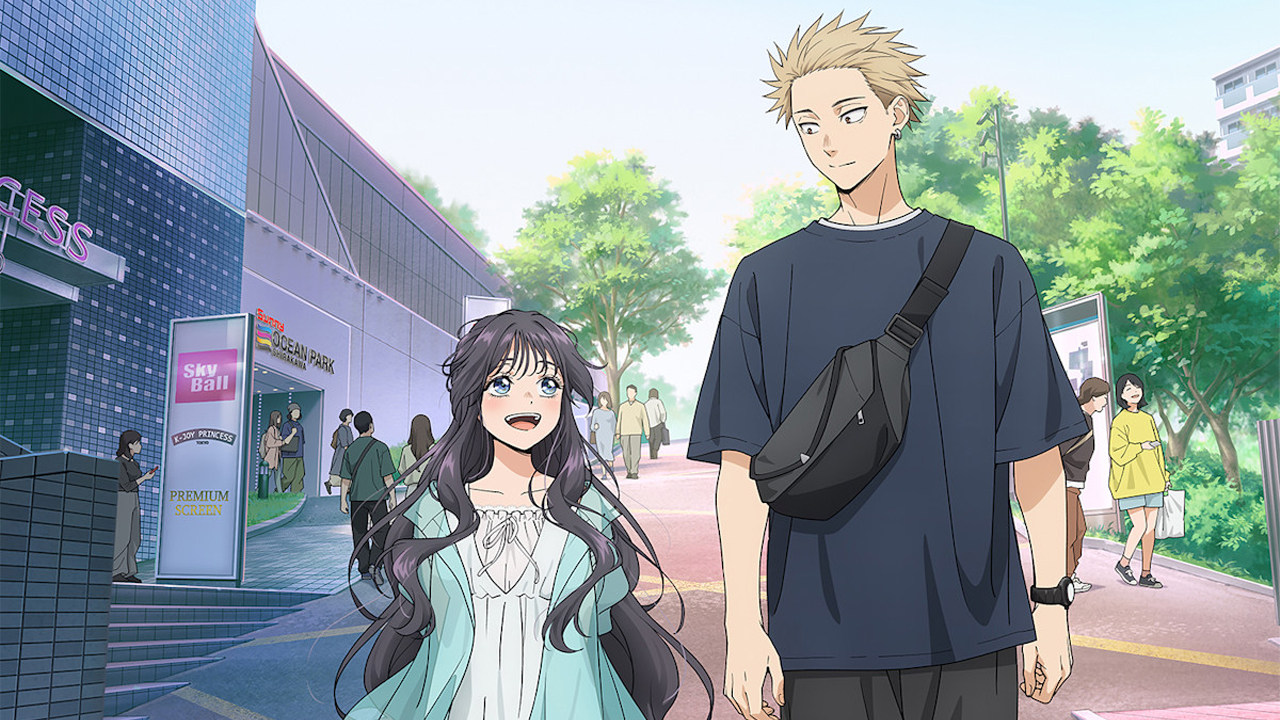‘Yes You Can’ Is Framed as Female Empowerment But Incredibly Dangerous for Teen and Tween Girls
What? TikTok’s “Yes You Can” trend was probably originally framed as a women-supporting-women, female-empowerment movement. Girls would post a video saying something like, “Can I mow this entire lawn by myself?” and other girls would cheer her on, saying, “Yes you can!” Unfortunately, whether through trolling or genuinely predatory actions, the trend has taken a dark and dangerous turn, romanticizing risky behaviors.
So What? Now, according to SheKnows, teen and tween girls are posting videos asking, “Can you sneak out at 2 a.m. to meet a guy twice your age?” or “Can you get in his car though your gut says no?” Both questions—and other risky ones like them—receive resounding, “Yes you can!” responses from their peers.
Now What? If your daughter is interested in the “Yes You Can” trend, don’t immediately freak out. Threatening to ground your kid for life (as one parent responded after seeing the trend) will likely only push her further away. And, as I said, internet trolls are at least partially responsible for this trend’s dangerous turn, purposely posting videos of risky behavior as rage bait. But even if your kid is only interested in the innocent, girls-supporting-girls side of things, make sure she knows about the riskier side of the trend and doesn’t engage in behavior that could put her at risk.
Popular Niksen Trend Can Help Teens Relax
What? Niksen is a Dutch word, meaning “to do nothing.” It’s been trending on social media as a form of self-care, wherein participants take time to, well, do nothing—meaning no TV, books or phones. You’re literally encouraged to just sit around, relax and stare into space.
So What? Angela Williams, a psychotherapist and mindset coach, tells Bustle that niksen gives your mind and body a chance to rest and reflect. “Decreasing constant input allows you to tap into more clarity. It can have a similar effect as meditation.” And as a result, you might find yourself more relaxed and more productive.
Now What? As parents, it can be tempting to ask our teens to be productive even in their downtime: “If you’re going to be mindlessly staring into space, you might as well unload the dishwasher while you do it.” But that’s probably not a fair response. In a world that constantly pressures us to be on the go, niksen potentially offers offer a much-needed mental break. That said, we might suggest further that Scripture-based mediation—such as reflecting quietly on what we’re grateful for or a characteristic of God—could be even more spiritually beneficial to stressed-out teens than simply emptying their minds.
Survey Says 55% of Parents Struggle to Identify Digital Distress in Teens
What? Digital distress is the stress that comes from overuse of technology. And a recent survey found that 55% of parents struggle to differentiate “typical teen behavior” from signs of digital distress.
So What? Divya Dodhia, a child and family therapist, tells Parents, “It’s not just about screen time; it’s about the emotional toll of being constantly ‘on,’ constantly watched and constantly comparing oneself to curated versions of others.”
Now What? Mood swings, sleep issues, aggression and a lack of interest in offline activities all align with normal teen behaviors, but they also all align with digital distress, experts say. To differentiate, “Start by noticing what happens right after screen time,” and “observe, don’t assume.” If you are able to correlate patterns between your child’s screen use and mood, then you can intervene, working with your son or daughter to create boundaries, find screen substitutes and create more positive screen experiences in the future.

















